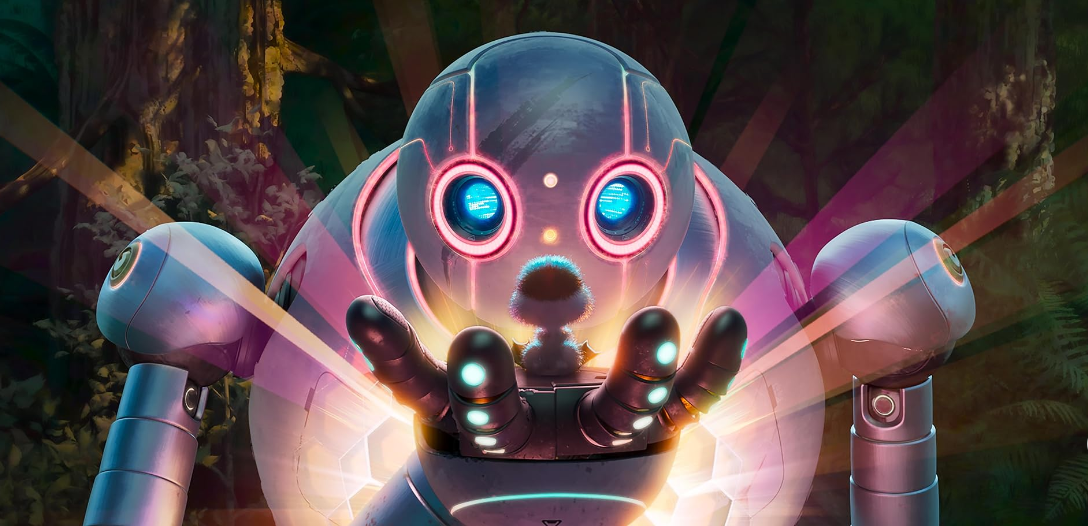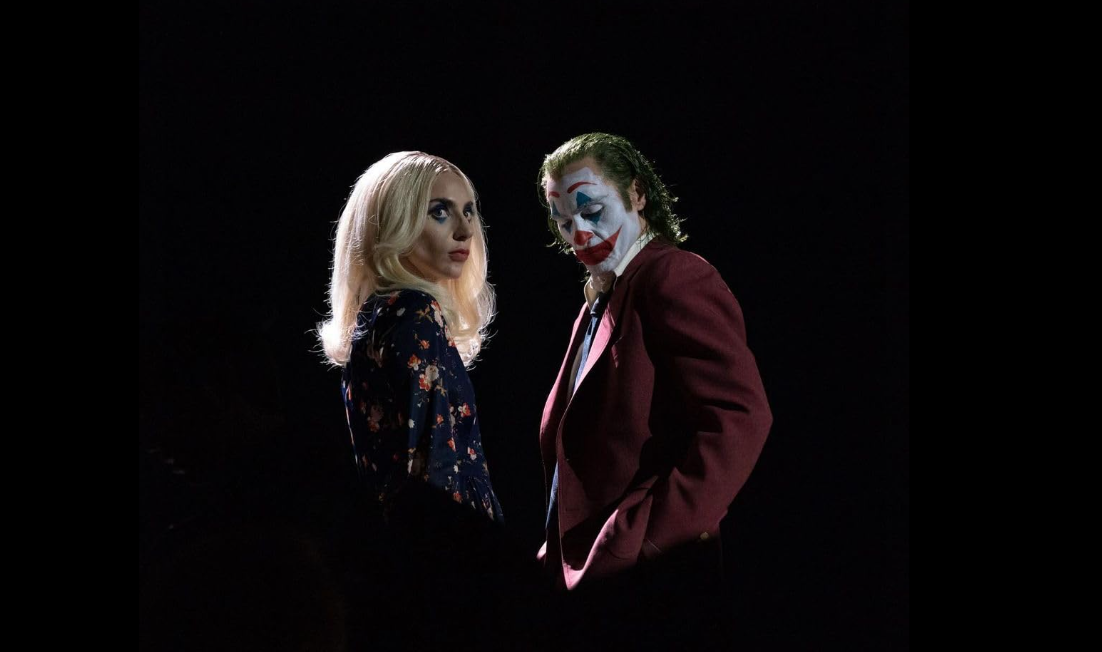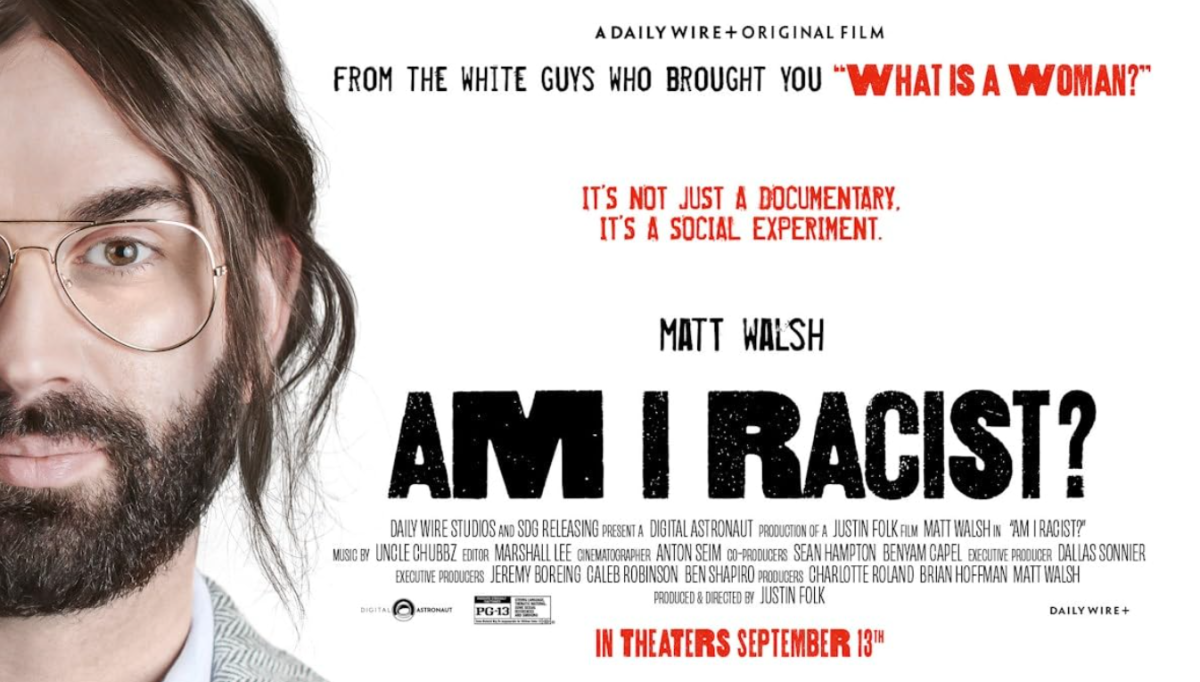30 years ago, a struggling indie band from England released a classic, but it still has yet to achieve its full appreciation.
The group Slowdive is fairly well-known today within the indie-rock community and is an especially famous shoegaze band. Although it was able to garner some of that popularity back in the 1990s when it made its debut, it still never reached mainstream popularity.
Slowdive appeared in the midst of an explosion of dreamy, hazy, distorted rock, brought on by the success of bands like Cocteau Twins and My Bloody Valentine. Although today Slowdive and its most acclaimed album, “Souvlaki,” are now usually considered a shoegaze staple, things weren’t as easy back then.
Its debut EPs and singles were enough to draw the British rock scene’s attention, but when its first full length album “Just for a Day” came out in 1991, Slowdive found itself a victim of relentless criticism.
With its confidence wounded, Slowdive had trouble getting back into the flow of production.
London music journalist Ian Watson writes that the band is “wary of how the new material might be perceived, [Slowdive] recorded and rerecorded around 40 songs, but all to little avail.”
It struggled through an intense process of recording and producing, with an occasional collaboration with ambient legend Brian Eno and released its sophomore album in 1993.
“Souvlaki” was met with harsh reviews upon its release. Dave Simpson of the U.K. music magazine Melody Maker said “I would rather drown choking in a bath full of porridge than ever listen to it again.” Most other reviews weren’t as harsh, but “Souvlaki” simply did not have a good critical reception.
So even though “Souvlaki” is regarded today as a classic, the album was not nearly as well-liked back then.
The explosion of Brit-pop in the mid-90s only pushed Slowdive closer to the edge of falling off. When its record label, Creation, asked it to make its next album more pop, Slowdive instead released “Pygmalion,” an experimental ambient project.
“We weren’t capable of making a pop album at that point,” vocalist and guitarist Neil Halstead said in an interview with The Guardian.
After Slowdive was subsequently dropped from the label, the band split up.
Three of the members, including Halstead, vocalist and guitarist Rachael Gloswell and drummer Ian McCutcheon, reformed into the folk band Mojave 3. It managed to produce a few catchy albums, but nothing lived up to the trio’s past work in Slowdive.
However, the mid-2000s would see a resurgence in the shoegaze genre, and Slowdive’s music would become more popular than ever in the following decades.
The group’s echoey vocals and layered guitars are mimicked in bands like Beach House, LSD and the Search for God and Alvvays. Even psychedelic acts like Tame Impala have some features reminiscent of the early shoegaze era.
Eventually, positive critical reception came around, too. In a 2005 review, “Souvlaki” was given a 9.3/10 by Pitchfork.
The biggest news came in 2017, when the reformed Slowdive announced its first album in over 20 years. The self-titled LP was released with widespread critical acclaim, with Pitchfork giving it a score of 8.3/10.
But “Souvlaki” remains to this day its most accomplished album. Songs like “Alison” and “When the Sun Hits” are staples not only in shoegaze, but in rock as a whole and have an otherworldly tone. “Sing” is a masterpiece of an ambient-rock blend.
Overall, “Souvlaki” represents shoegaze at its best: the vocals are high and lofty, while the guitars are heavy and swooning.
As it turns 30 years old this year, we can look behind us to see clearly how great of an influence “Souvlaki” has had and also ahead, to see how far it still has to go.
It is a great example of an album that came out before its time and was vastly underappreciated by its contemporaries.
Today, though, “Souvlaki” still stands as one of the best rock albums of all time.









